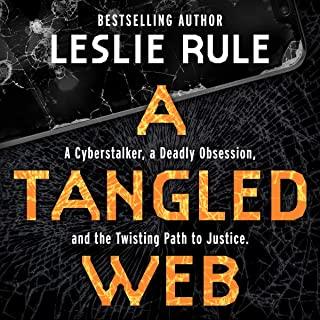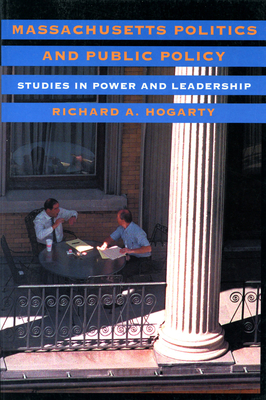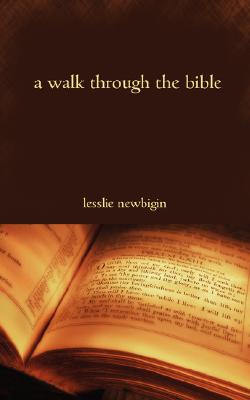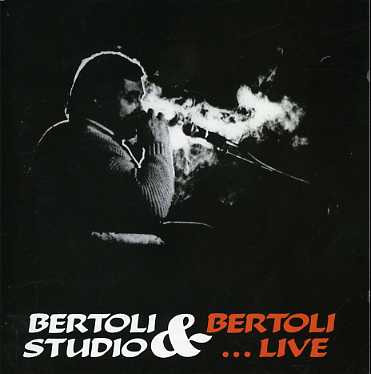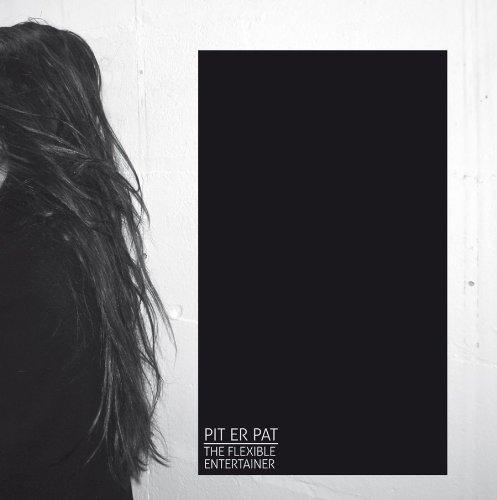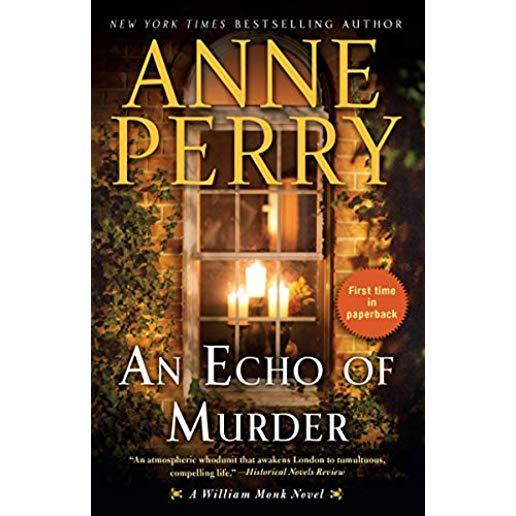
description
5In this riveting new William Monk novel, Anne Perry delves into the diverse population of Victorian London, whose disparate communities force Monk to rethink his investigative techniques--lest he be caught in the crosshairs of violent bigotry. In the course of his tenure with the Thames River Police, Commander Monk has yet to see a more gruesome crime scene: a Hungarian warehouse owner lies in the middle of his blood-sodden office, pierced through the chest with a bayonet and eerily surrounded by seventeen candles, their wicks dipped in blood. Suspecting the murder may be rooted in ethnic prejudice, Monk turns to London's Hungarian community in search of clues but finds his inquiries stymied by its wary citizens and a language he doesn't speak. Only with the help of a local pharmacist acting as translator can Monk hope to penetrate this tightly knit enclave, even as more of its members fall victim to identical brutal murders. But whoever the killer, or killers, may be--a secret society practicing ritual sacrifice, a madman on a spree, a British native targeting foreigners--they are well hidden among the city's ever-growing populace. With the able assistance of his wife--former battlefield nurse Hester, who herself is dealing with a traumatized war veteran who may be tangled up in the murders--Monk must combat distrust, hostility, and threats from the very people he seeks to protect. But as the body count grows, stirring ever greater fear and anger among the Hungarian migr s, resistance to the police also increases. Racing time and the rising tide of terror all around him, Monk must be even more relentless than the mysterious killer, or the echoes of malice and murder will resound through London's streets like a clarion of doom. Praise for An Echo of Murder " Anne] Perry fashions a rich, if blood-spattered narrative from this chapter of history. As the murders of Hungarians] continue, Monk and his clever wife, Hester . . . struggle to fathom the new climate of hatred. 'I think it's fear, ' Hester says. 'It's fear of ideas, things that aren't the way you're used to. Everyone you don't understand because their language is different, their food, but above all their religion.' How times haven't changed."--The New York Times Book Review "Skillful . . . Perry smoothly intertwines themes--war's lingering cost, tension around immigration and otherness--that challenge in both her period and our own."--Publishers Weekly
member goods
No member items were found under this heading.
listens & views
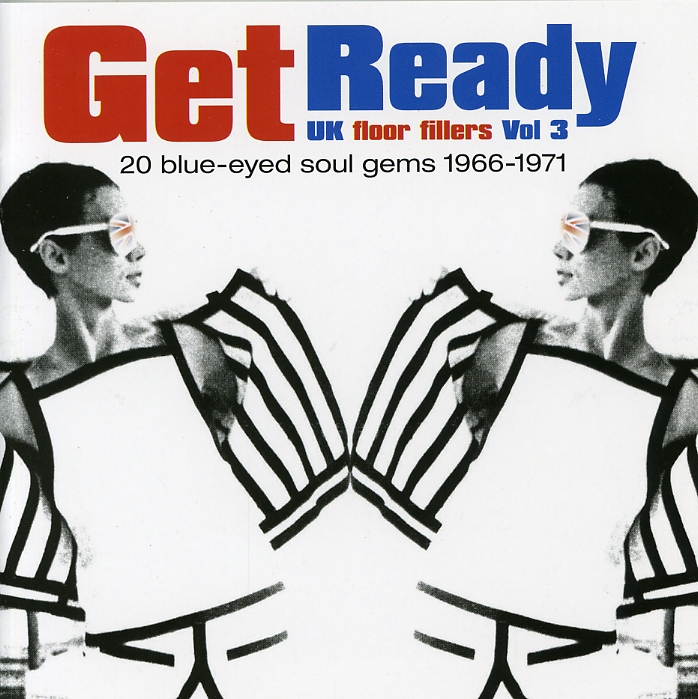
GET READY: UK FLOOR FILLERS ...
by GET READY: UK FLOOR FILLERS 3 - 20 BLUE-EYED SOUL
COMPACT DISCout of stock
$16.99
Return Policy
All sales are final
Shipping
No special shipping considerations available.
Shipping fees determined at checkout.
